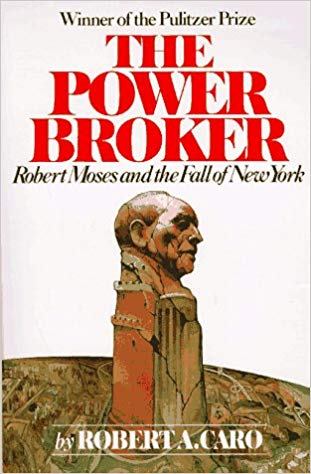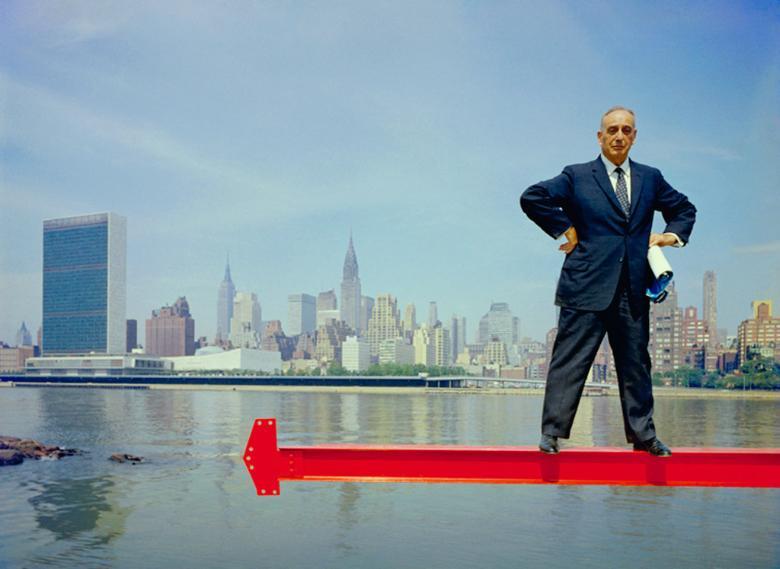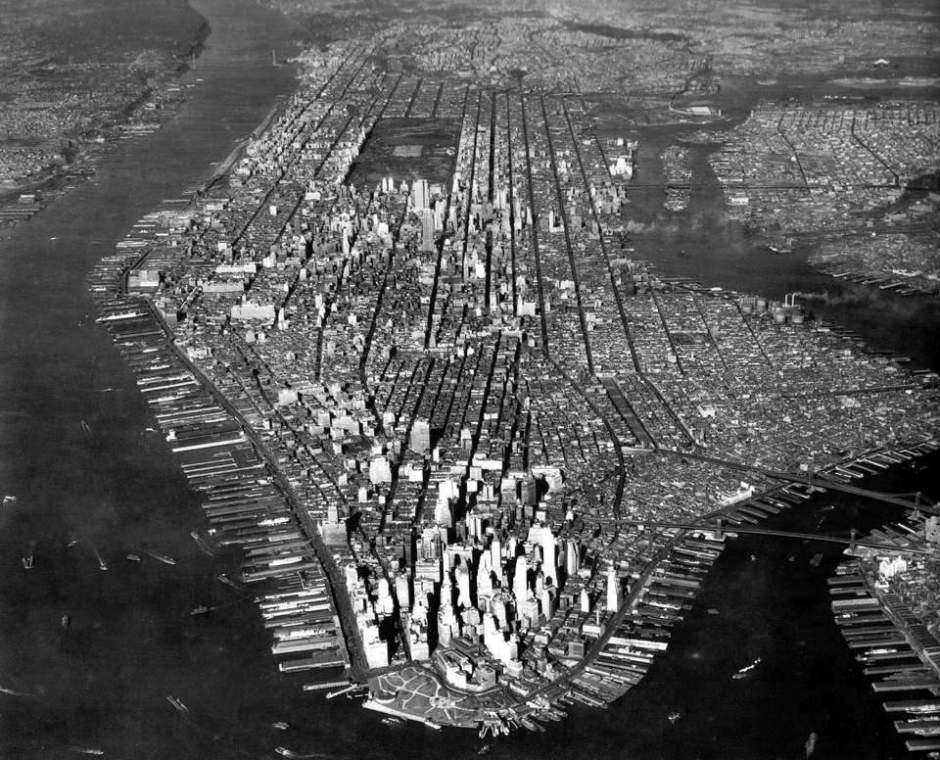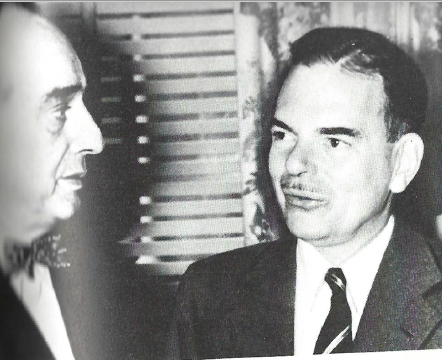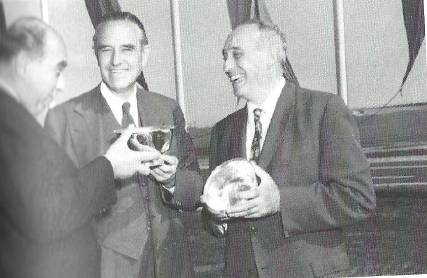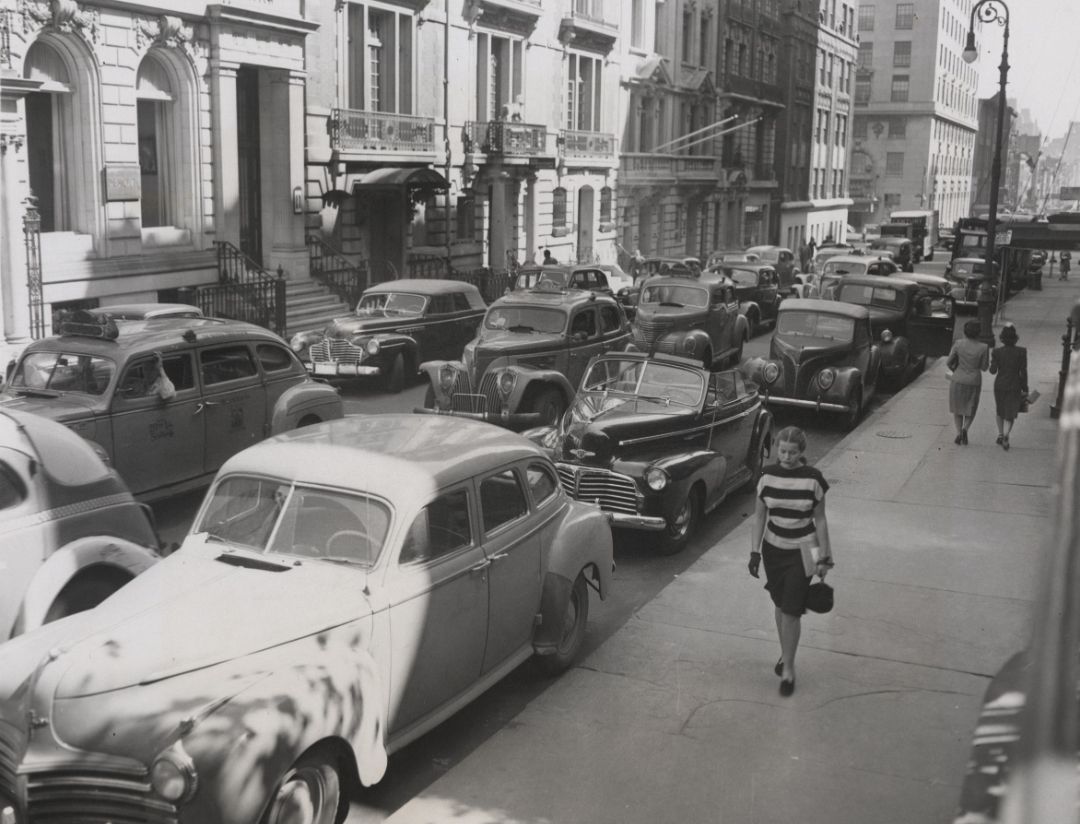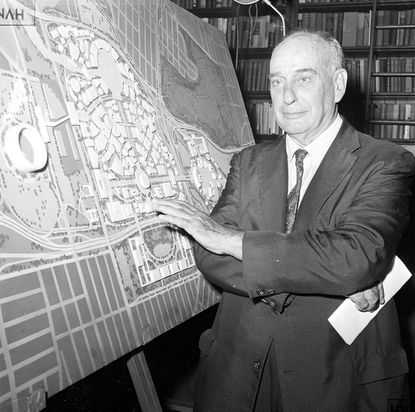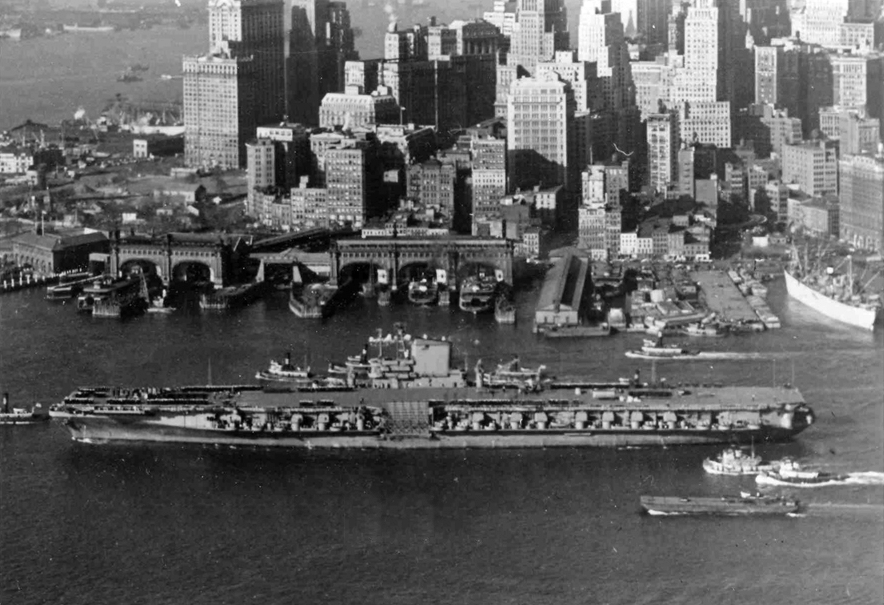Chapter 31 – Monopoly
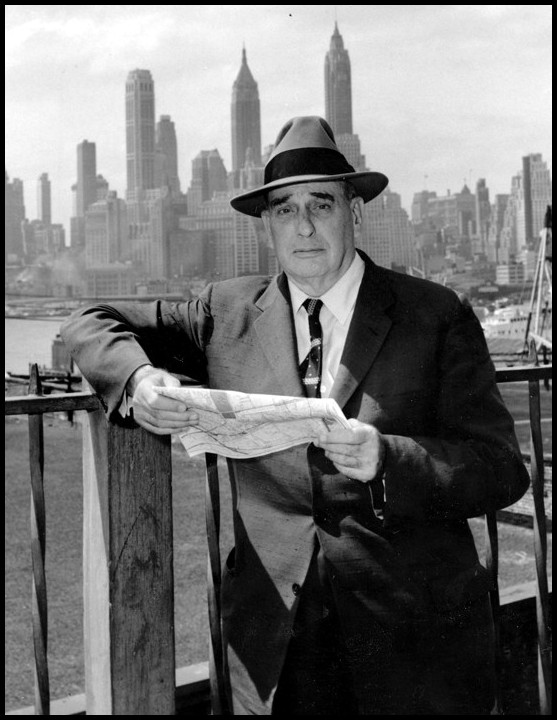
Robert Moses still required power over the Tunnel Authority if his desires were to continue to be fulfilled. Moses asked that construction of the tunnel should stop for the period of the war as the steel linings to the tunnel would be required for war production, even though the linings were in fact cast iron and unsuitable for war production. Moses continued to lobby the La Guardia to hand the construction over to the Triborough Authority siting inefficiency. Moses also tried to smear the Ole Singstad, the Tunnel Authority’s Chief Engineer and Moses’s chief adversary over the Battery Tunnel, by attacking his brother-in-law, but a Port Authority hearing overruled him. Moses wrote directly to the Mayor. Eventually, Moses’s pressure won through and in 1945 the Triborough Authority took control of the Tunnel Authority. The tunnels and their revenues were now his. He now had a monopoly over all river crossings in the city, all future crossings and all of the combined revenues. Through all this the press had kept silent.
Although Ole Singstad was to design the Battery Tunnel, he had to hand the designs over to the Triborough Authority. Singstad was never to be given credit, and he was never to receive another commission from the city where he lived. Although Moses had deliberately underestimated the revenues to be made from tunnels during his fight with Singstad, Triborough was in a large part to be financed by the tunnels in the following years.
Analysis & Key Takeaways
- La Guardia stood up to Moses. Moses was responsible for the Triborough Bridge so standing up to him was tough;
- Don’t tell me, show me what your working with. Moses noticed that models of bridges had a superior way of manipulating people rather then telling them about bridges.
